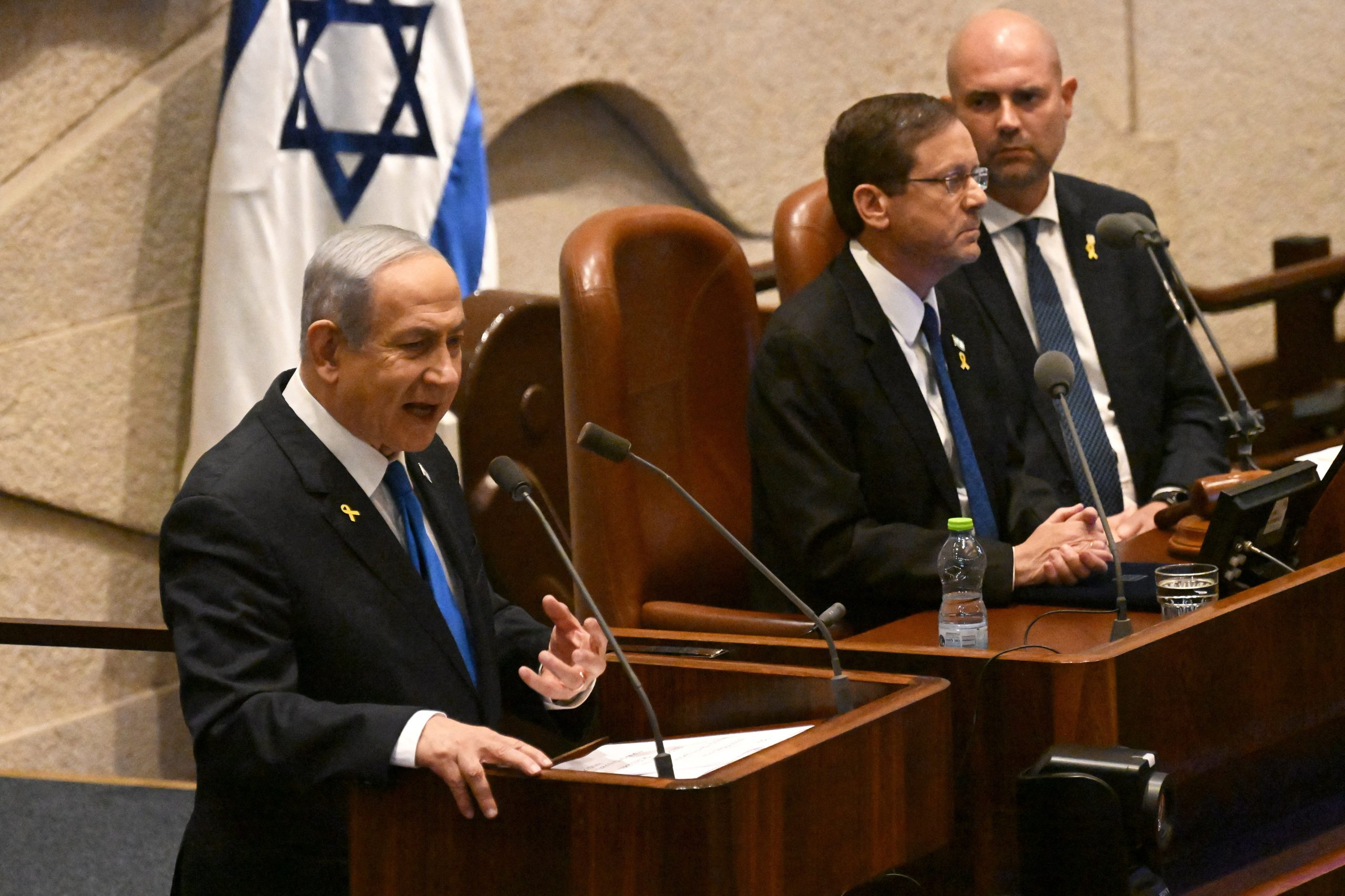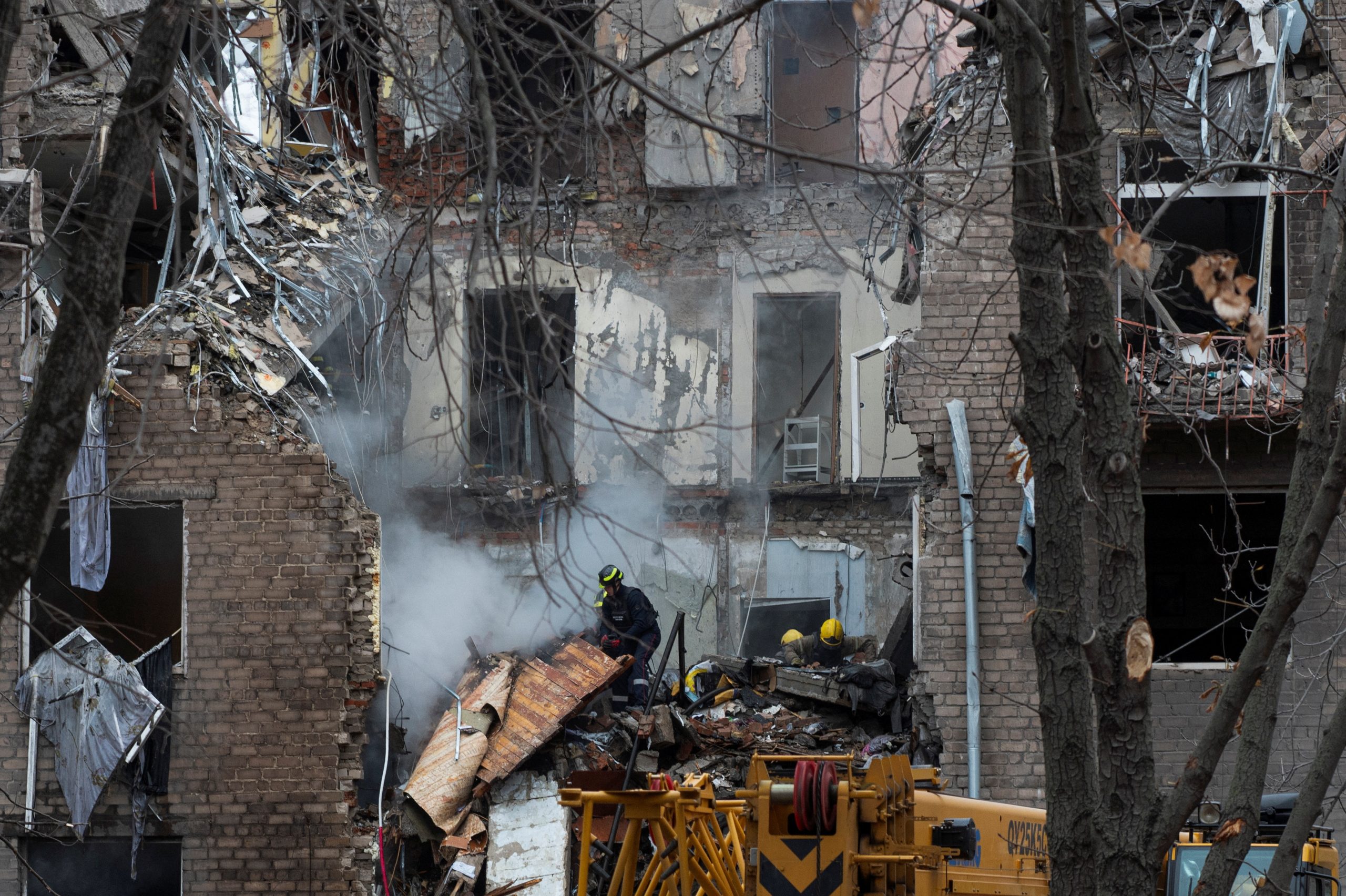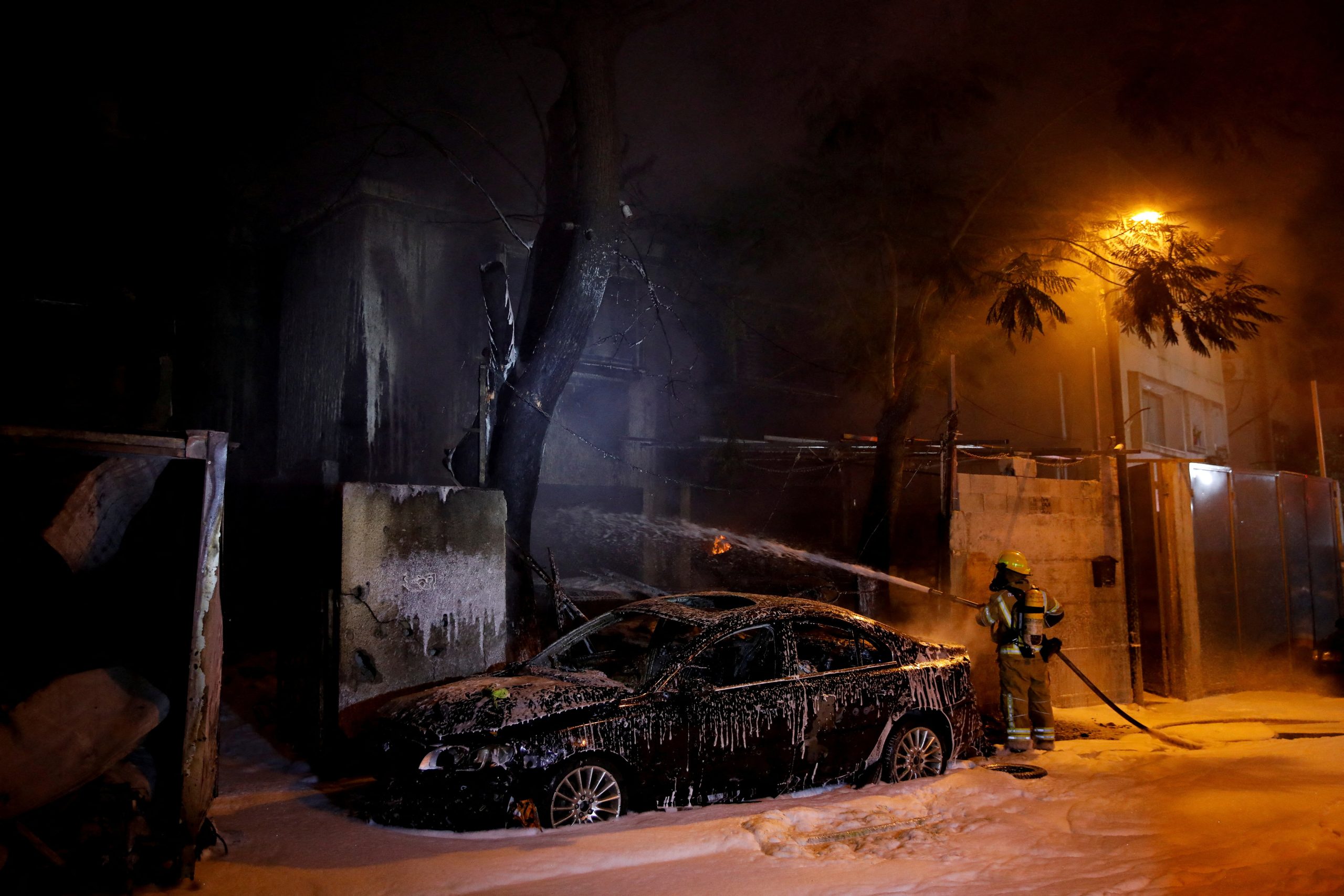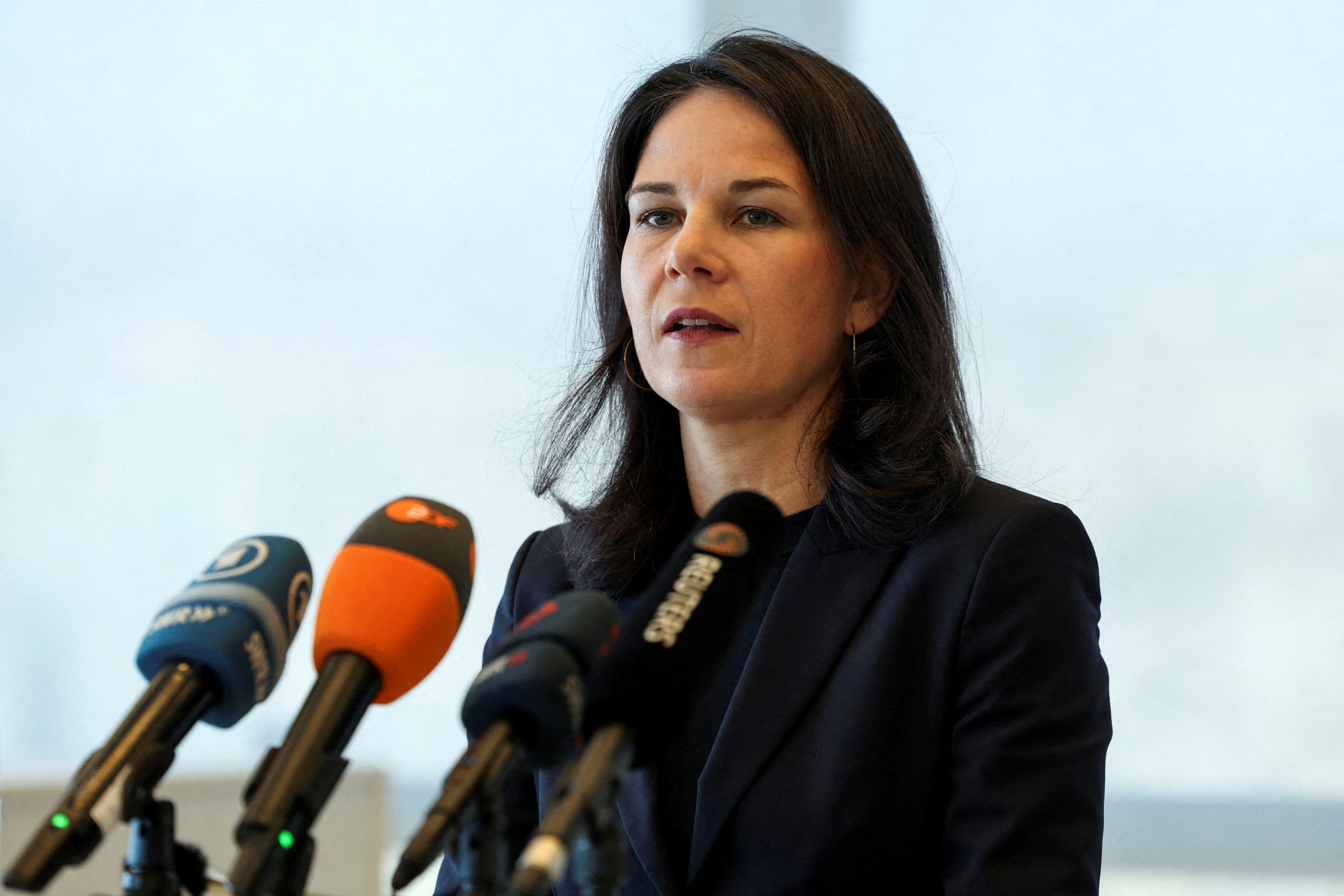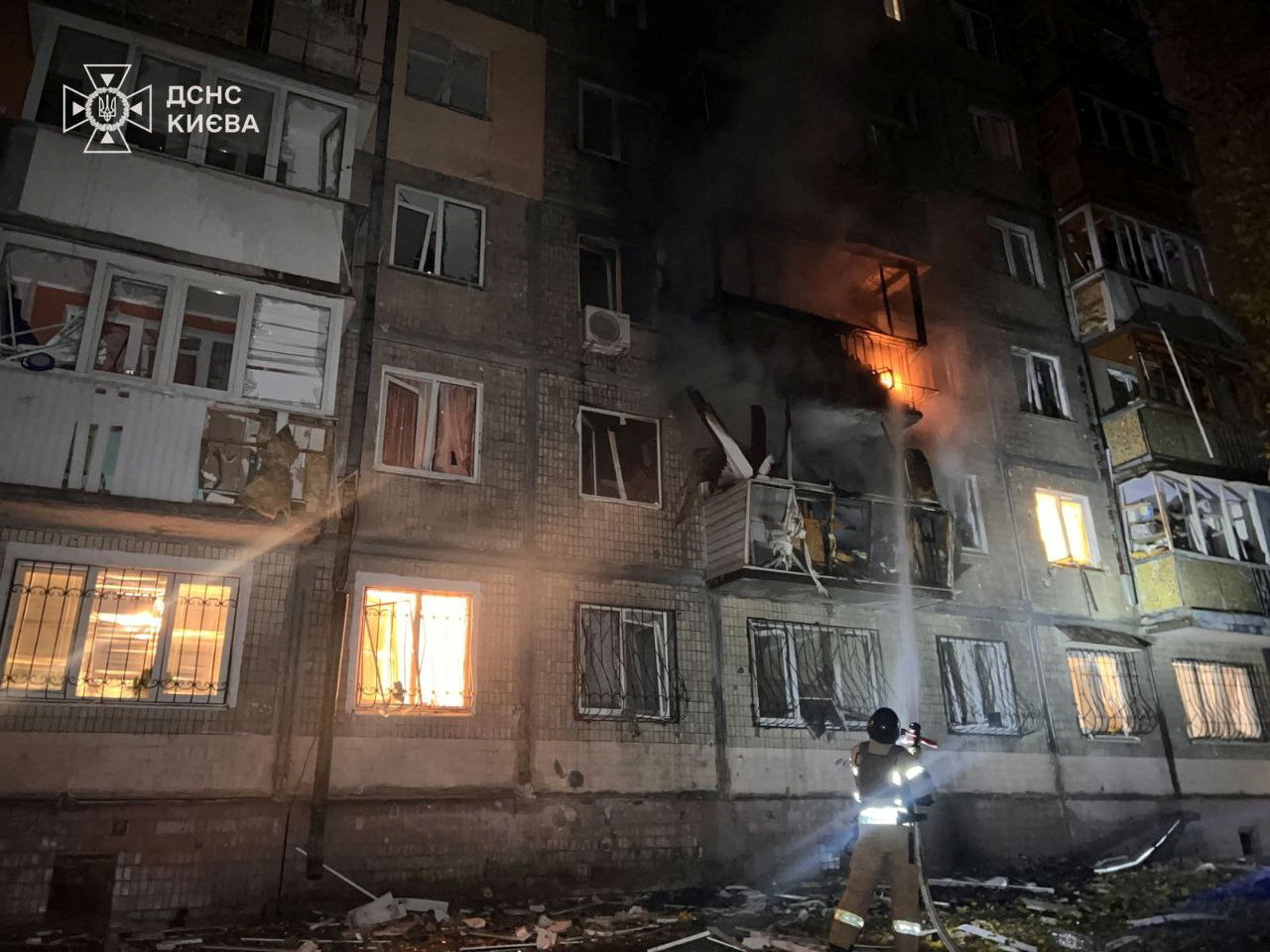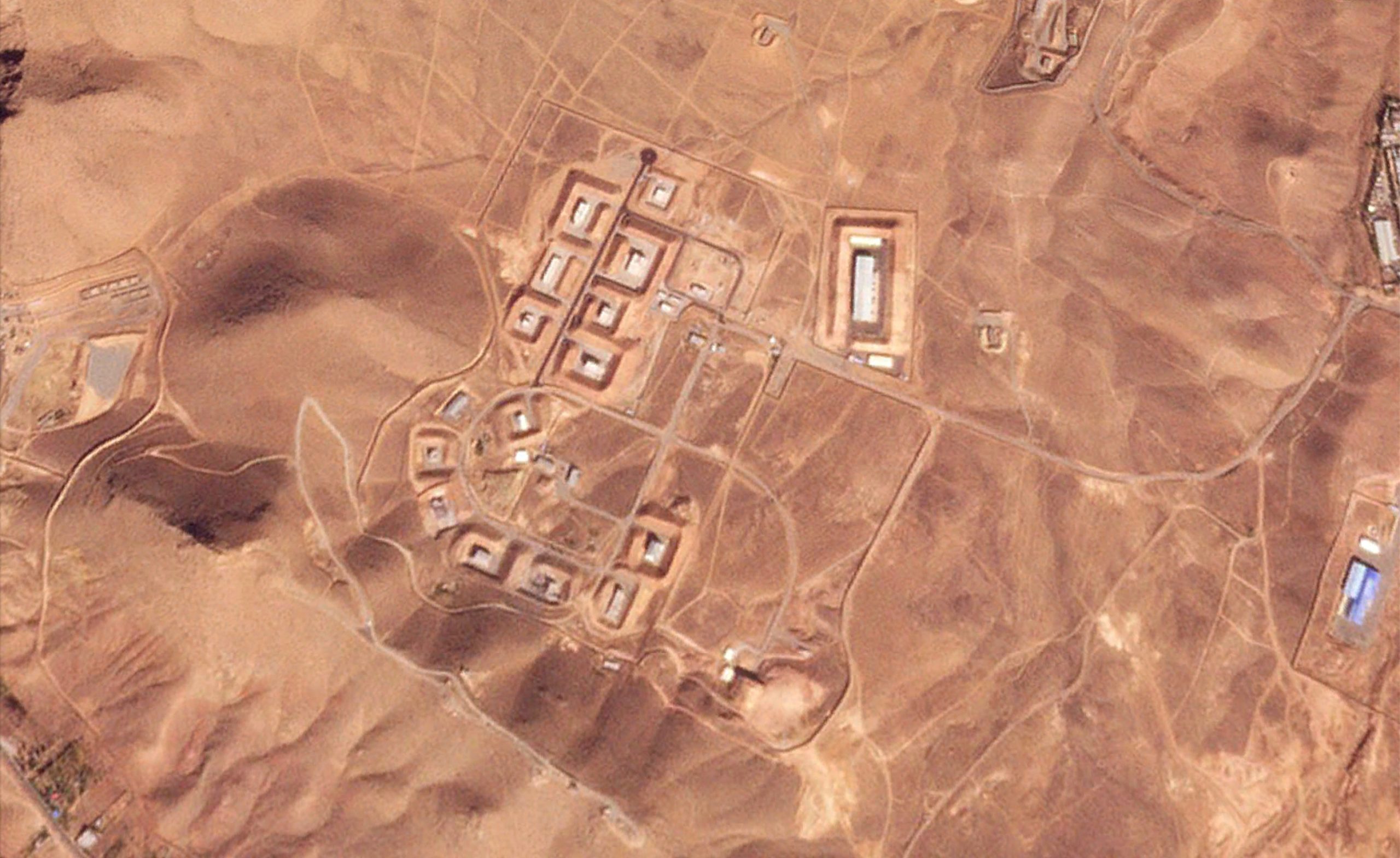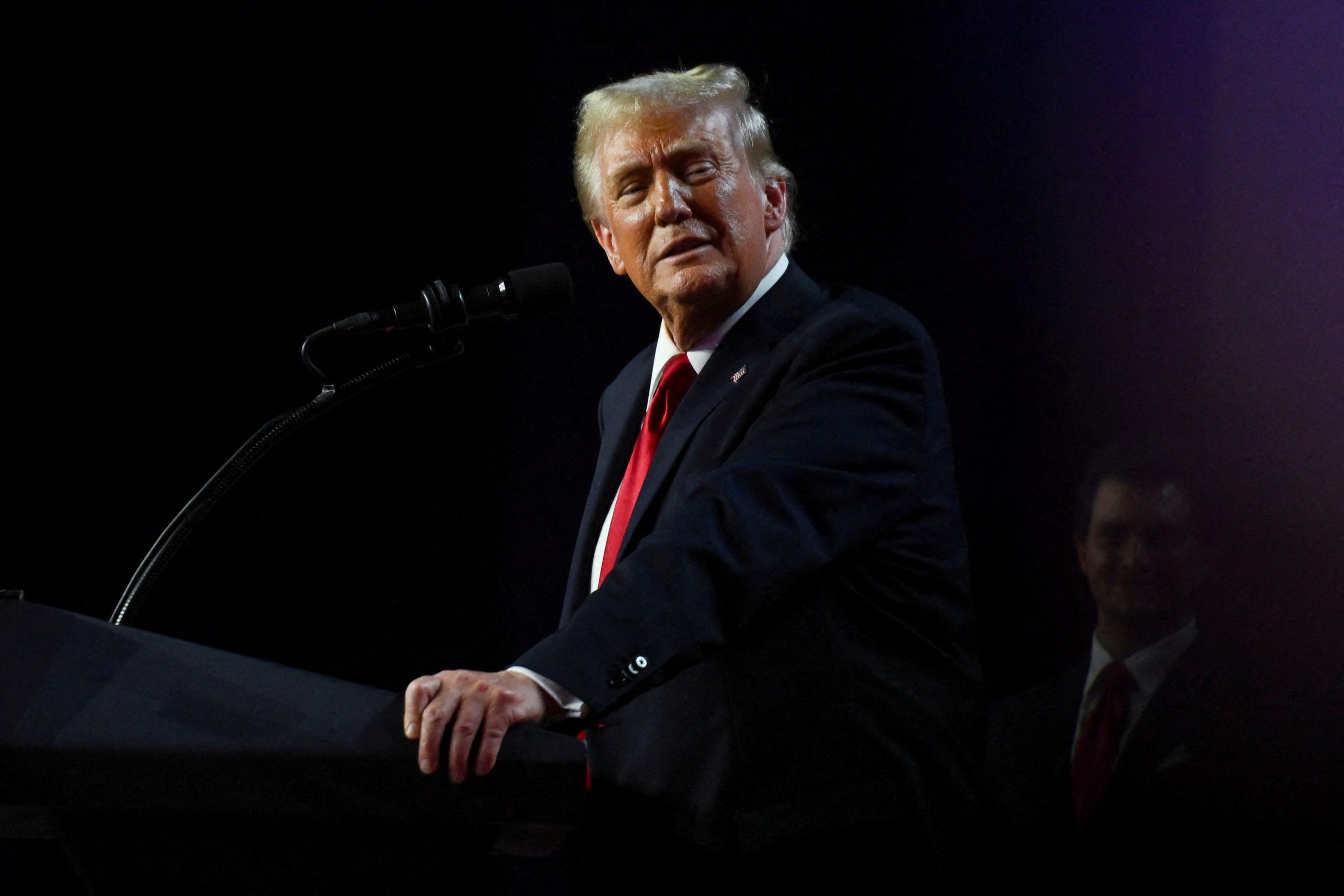In a fiery address to the 25th Knesset, Israeli Prime Minister Benjamin Netanyahu pledged to dismantle what he called the “axis of evil,” targeting threats he claimed are backed by Iran. Framing the conflict as one that transcends regional boundaries, Netanyahu warned that Israel’s security is tied to global stability, vowing that his administration will not relent in its military efforts against adversaries both in the north and south.
Netanyahu outlined his strategy, promising to weaken Iran’s influence in the Middle East while reinforcing Israel’s defense capabilities. In a stark declaration, he asserted that Iran’s alleged pursuit of nuclear weapons and its arms support for regional proxies, including Hezbollah and Hamas, pose a grave threat not just to Israel but to the broader world order. “If Israel falls,” he declared, “global security will be at risk.”
The prime minister also credited Israel’s allies, particularly the United States, for their support in Israel’s security initiatives. Yet, he made it clear that Israel will act independently if necessary, stating, “Israel makes its own decisions to secure its future.” Netanyahu linked the current conflict to Israel’s historic War of Independence, emphasizing the country’s resilience amid rising tensions.
In addition to his military focus, Netanyahu expressed a vision for a future Middle East where Iranian influence wanes, with Israel strengthening ties across the Arab world through the Abraham Accords. These alliances, he said, are part of Israel’s long-term regional strategy.
Will Netanyahu’s call to arms reshape the region, or further entrench divisions in an already fractured Middle East?
Sources for this article include: Albawaba, Israeli Government Statements.

